
Women farmers in the Sawla/Tuna/Kalba District are faced with the challenge of accessing fertile land for cultivation.
A research conducted by, a Non-Governmental Organisation, (NGO), Tuna Women Development Programme (TUWODEP), has revealed that about 75 per cent of women in the district were farmers, but many of them did not have access to fertile land.
With emphasis on Dakompilayiri, a highly populated farming community in the district, as research sample, the NGO discovered that 90 per cent of women farmers did not have access to fertile lands.
The Programme Manager for TUWODEP Office in Tuna, Mr Raphael Ali Yenbapono, revealed the research findings during a workshop to sensitise stake-holders on land management at Sawla.
He said the research also showed that women spent a lot of time helping on their husband farms but were not direct beneficiaries of the financial outcome.
"We are, therefore, urging all development stakeholders in development to expand their areas of concern to include economic, social and cultural rights, particularly, the right of women to access fertile lands for agricultural purposes," Mr Yenbapono stated.
He said traditional authorities were considered instruments through which women could gain tangible ventures that would empower them economically in the face of rising poverty amongst them.
The Officer in charge at the Women in Agriculture Development (WIAD), an NGO, Ms Leticia Akunaaba, asked traditional authorities to objectively reflect the economic status of women and pay attention to their overall economic empowerment.
"Such efforts should also be applied to other cultural barriers that impede the development of women in the Sawla-Tuna-Kalba district, and the country as a whole," she stressed.
A representative from the district assembly, Mrs Fridaus Musah, indicated that the research report had confirmed most of the challenges women in the area were faced with.
Mrs Musah said that the lack of socio-economic rights for women meant an infringement on their fundamental human rights, adding that "without guaranteeing these rights, development among women would never be complete".
A representative of Dakompilayiri Women Farmers Association, DAKWOFAR, Madam Biinyine Bommo, took participants through practical challenges women were facing in their bid to provide means of livelihood for their families as a result of limited economic resources.
Although the traditional authorities expressed varied views on the issue, they were particularly not in support of the call made by TUWODEP to make land available to women.
They said they would consider the suggestions, but would also not relent on their oars to protect their culture.
The workshop which brought together staff from the Sawla-Tuna-Kalba District Assembly, traditional authorities, women farmers and NGOs promoting agriculture, was organised by TUWODEP in collaboration with BUSAC Fund under the Women Access to Fertile Land project.
Read Full Story
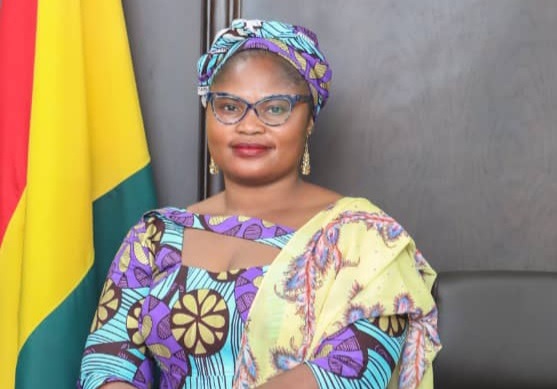


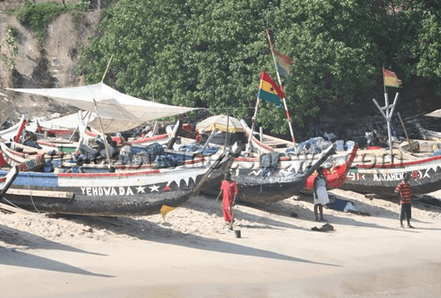
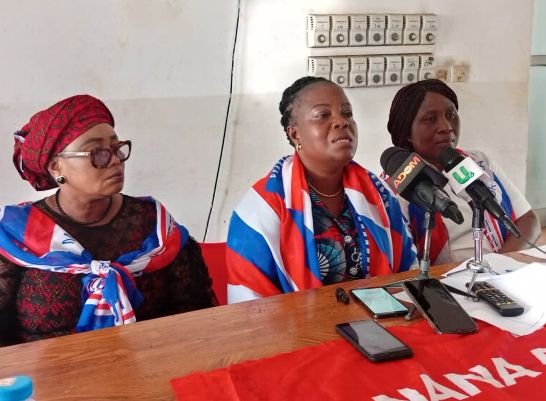











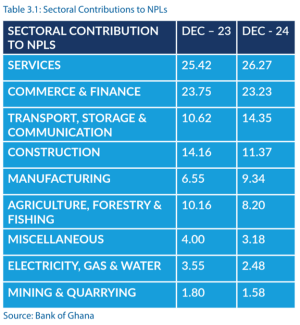
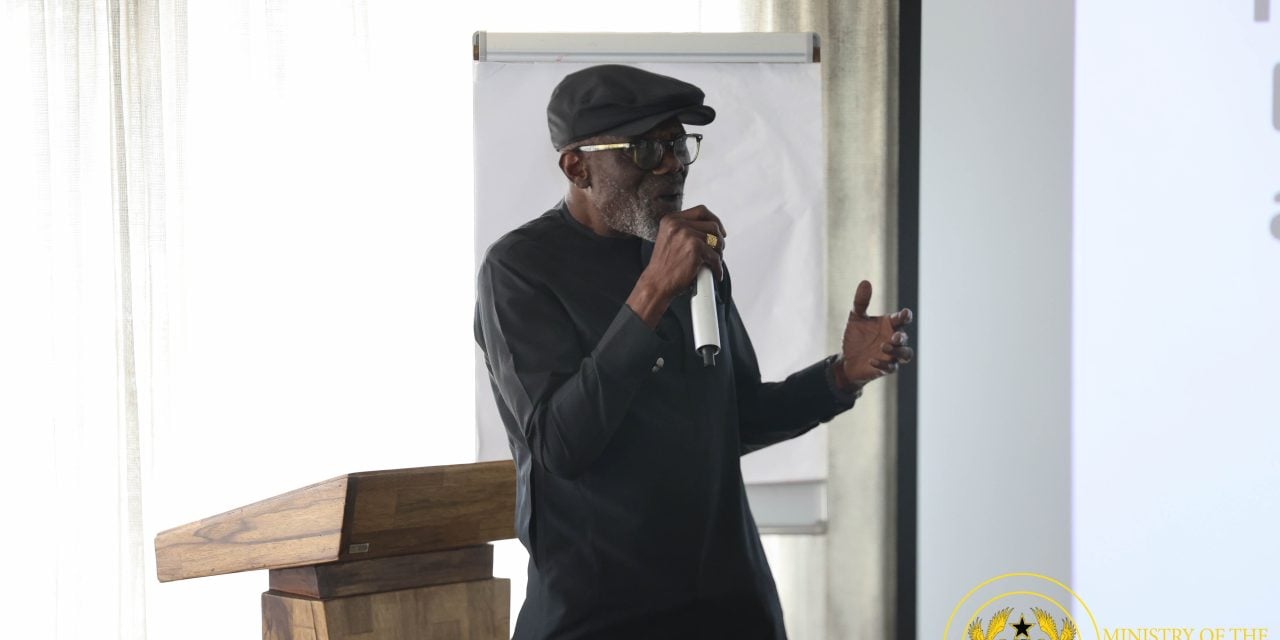
Facebook
Twitter
Pinterest
Instagram
Google+
YouTube
LinkedIn
RSS